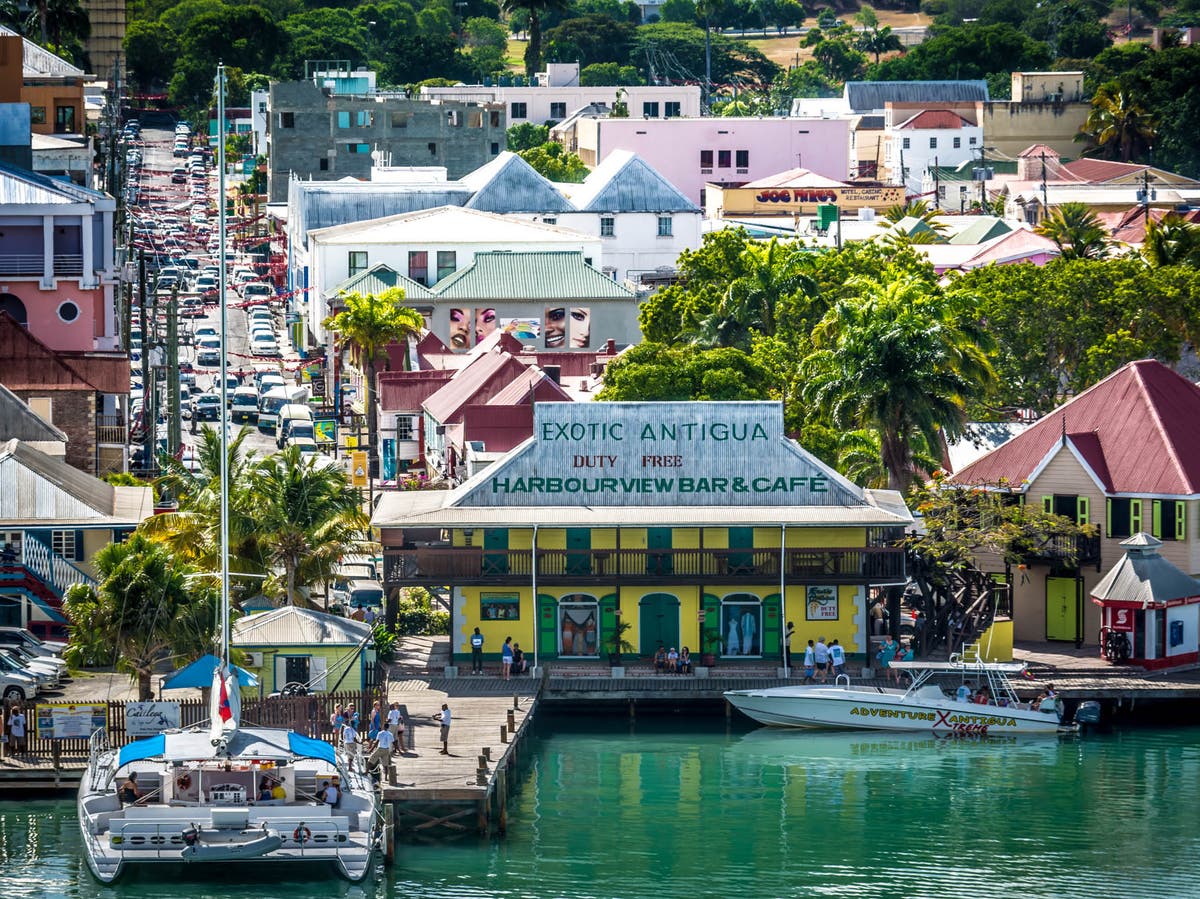This website uses cookies so that we can provide you with the best user experience possible. Cookie information is stored in your browser and performs functions such as recognising you when you return to our website and helping our team to understand which sections of the website you find most interesting and useful.

Antigua and Barbuda have removed all Covid restrictions for travellers arriving on the islands.
The twin-island nation is the latest in the Caribbean to scrap all its pandemic-related entry rules.
Travellers arriving by air no longer need to provide proof of vaccination or a negative test result.
But those arriving on cruises remain subject to any rules imposed by the operating companies.
Passengers arriving on either of the two islands by ferry or yacht will face no Covid controls but will have to contact the Antigua Port Authority at least six hours before arrival for further instructions.
The UK’s Foreign, Commonwealth and Development Office (FCDO) issued an update after the rule change was announced on 26 August before it became effective on 29 August.
The FCDO said in a statement: “Passengers who display symptoms of Covid-19 on arrival may be isolated as determined by the Antigua and Barbuda health authorities.”
The government of Antigua and Barbuda said in a statement that the wearing of face masks and social distancing in public places such as ports, supermarkets, bar and clubs is “actively encouraged” but not compulsory.
It added that the nation has “benefited” from mass vaccinations, quick detection of infections, and awareness campaigns that have “significantly reduced” levels of Covid-19 infections over the past five months.
Antigua and Barbuda’s rule change comes after the nearby twin-island nation of St Kitts and Nevis also recently dropped all its Covid restrictions on 15 August.
Other Caribbean islands – including Cuba, the Dominican Republic, and Jamaica – also no longer impose any Covid curbs for arrivals.
They are among the 40 countries in the world that have dropped all pandemic-related rules, with the first ones to do so – such as Denmark, Iceland and Norway – as early as February this year.



 Africana55 Radio
Africana55 Radio 
